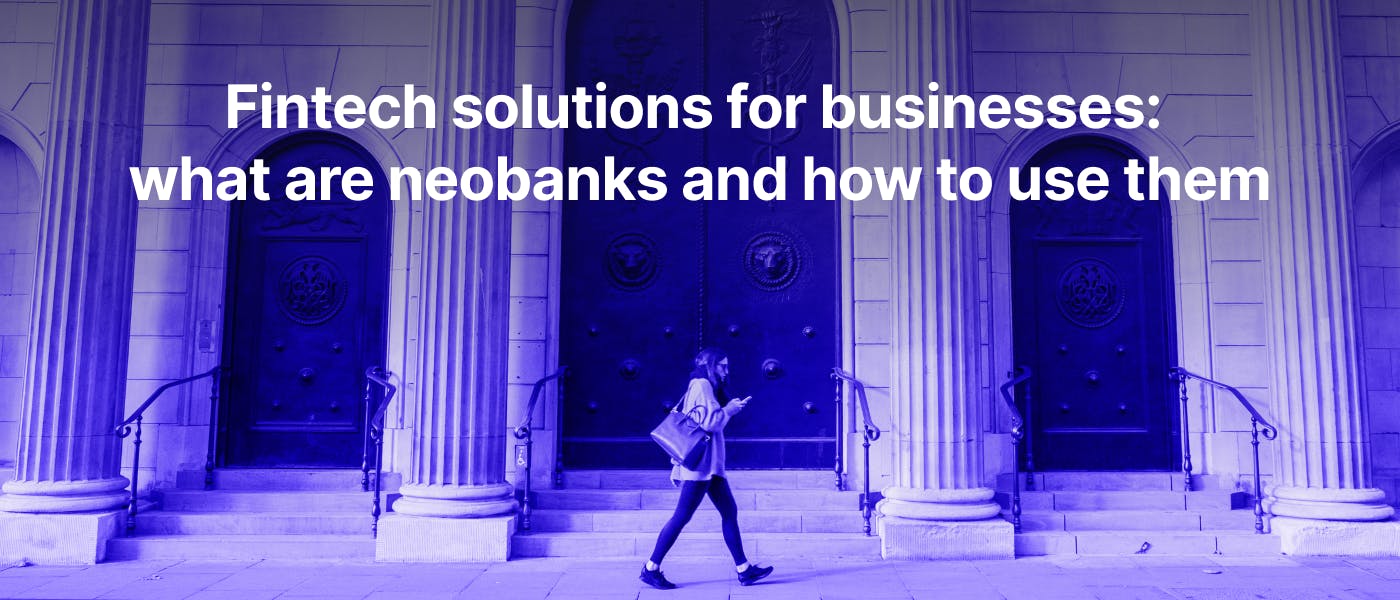1,016 reads
Neobanking: Pros, Cons, and How To Use Them Efficiently For Your Business
by
January 2nd, 2022
Audio Presented by

Genome is an Electronic Money Institution, specializes in online financial services.
About Author
Genome is an Electronic Money Institution, specializes in online financial services.
